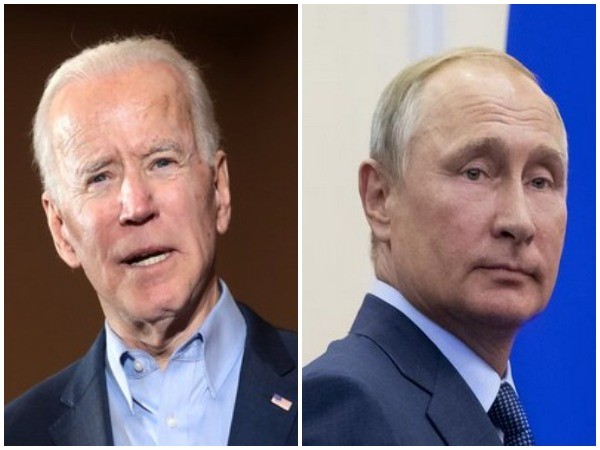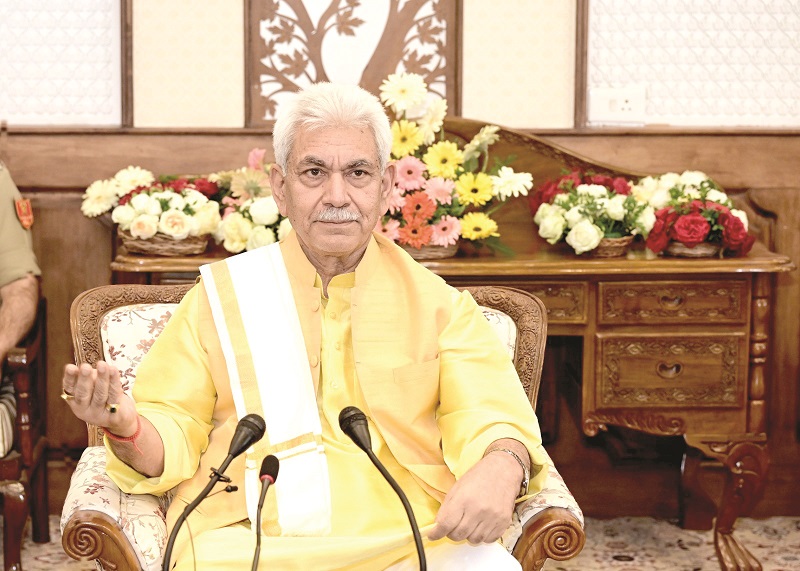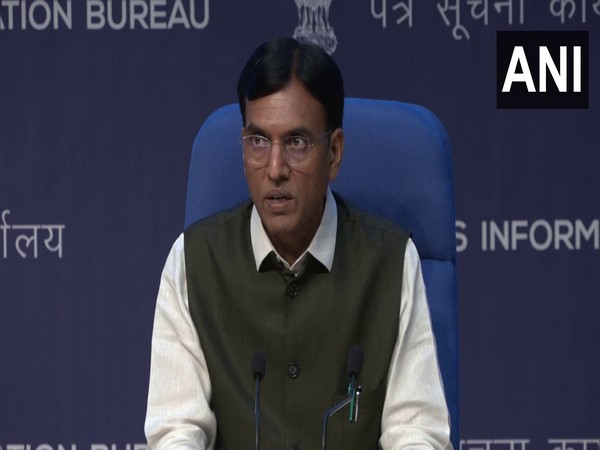The United States will unveil new sanctions to “extensively restrict Russia’s access to goods that matter for its battlefield capabilities,” a US official said here on Friday ahead of a G7 summit in Japan.
The main goals of the United States out of the G7 this year would be many, however, the main focus will remain on showing shared and continued support for Ukraine, he said. “We have taken an array of actions to hold Russia accountable. In coordination with our G7 partners, we’ve put in place the largest set of sanctions and export control actions ever imposed on a major economy,” the US administration official said.
The United States apparently plans to blacklist about 70 companies and organizations for selling restricted US products to Russia.
“We will continue to expand export controls to make it even harder for Russia to sustain its war machine. Among other things, this involves extensively restricting categories of goods key to the battlefield, and also cutting off roughly 70 entities from Russia and third countries from receiving US exports by adding them to the Commerce blacklist,” the official stated.
More than 300 fresh sanctions will also be revealed against individuals, entities, vessels, and aircraft by the US.
“These will go after financial facilitators, as well as future energy and extractive capabilities of Russia and other actors helping to support the war. This will include designations across Europe, the Middle East, and Asia,” the US official added.
Additionally, the US will extend the scope of its restrictions to those Russian economic sectors that are crucial to the country’s military-industrial complex and enact new sanctions to bar Russia from using its services.
“As part of all of these efforts, you will see us take significant steps to align our actions even more closely with the ones imposed by the EU and the UK to ensure that, as the G7, we remain as coordinated as possible in our response to their bru- — to Russia’s brutal actions,” the official said.
“I’d also remind folks that it was just a little less than a year ago, at the G7 Summit in Elmau last June, that leaders agreed to pursue a policy to cap the price on Russian oil and petroleum products. And over the last six months, since that policy was implemented under the guidance the leaders provided in Elmau, we successfully implemented this policy,” the US official said.
The official further added by saying that the G7 members are preparing to implement new sanctions and export controls.
“I won’t get into the specifics of what partners are doing, but the United States will be rolling out a substantial package of our own,” said the official.
The Russia-Ukraine war that started on February 24 has taken numerous lives and the war continues to escalate between the two nations even now.
President Biden and the other leaders are here in Hiroshima to participate in the G7.
Japanese Prime Minister Fumio Kishida, who is the host of this year’s G7 Summit, will be welcoming world leaders to visit the Hiroshima Peace Memorial Park (Genbaku Dome)- the only structure left standing in the area, depicting the aftermath where the world’s first atomic bomb was dropped on the city on August 6, 1945.
The leaders of the Group of seven countries and leaders of the eight other invited countries, including India, are too expected to visit the Hiroshima Peace Memorial Park.
Hiroshima was the first military target of a nuclear weapon in human history. This occurred on August 6, 1945, in the Pacific theatre during World War II, when the United States Army Air Forces dropped the atomic bomb “Little Boy” on the city. Most of Hiroshima was destroyed, and by the end of the year between 90,000 and 166,000 had died as a result of the blast, radiation exposure and its effects. The Hiroshima Peace Memorial (a UNESCO World Heritage Site) serves as a memorial of the bombing.
The G7 Summit is an annual international forum for the leaders of the G7 member states of France, the United States, the United Kingdom, Germany, Japan, Italy, and Canada (in order of rotating presidency), and the European Union (EU). (ANI)








